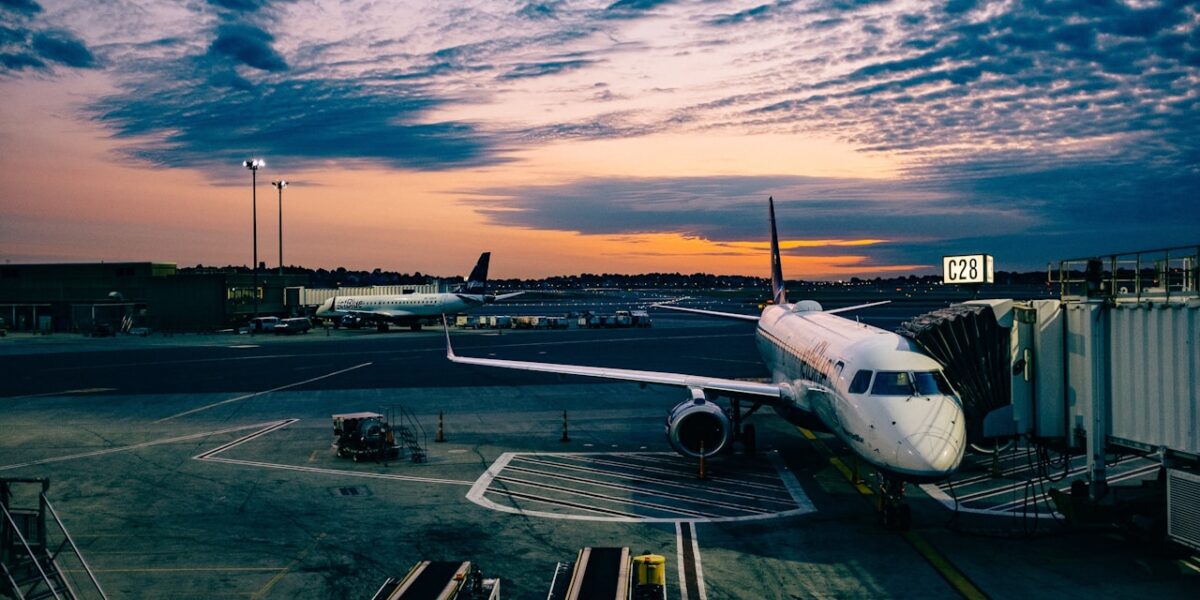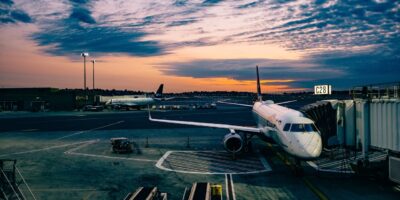Kigali on the Map: Rwanda’s Capital from an Aviation Perspective
I flew into Kigali International Airport on a clear morning, and what struck me first was how green everything looked from the air. The city sprawls across multiple hills, with development climbing slopes that would make San Francisco city planners nervous. From 10,000 feet, it looked nothing like the flat, sprawling capitals I’d seen elsewhere in East Africa.

Geographical Features
Kigali sits between 1,300 and 1,600 meters above sea level – roughly a mile up, which affects aircraft performance and passenger comfort. The city occupies hilly terrain with ridges, valleys, and substantial vegetation. The Nyabarongo River flows to the west, and Mount Kigali dominates the northwestern skyline.
Probably should have led with this, honestly: the geography makes Kigali unique among African capitals. It’s not built on a flat plain or along a major waterfront. The terrain creates both challenges and character.
Administrative Divisions
Three districts comprise Kigali: Gasabo, Kicukiro, and Nyarugenge. Each contains sectors divided into cells and then villages. This organizational structure supports efficient governance and planned development – something visible in the city’s orderly streets and systematic infrastructure improvements.
Transportation and Connectivity
Kigali International Airport
The airport sits about 5 kilometers east of the city center – close enough for convenient access, far enough to accommodate aviation needs. Major airlines connect Kigali to destinations across Africa, Europe, and the Middle East. RwandAir, the national carrier, has built an impressive network considering the country’s size.
That’s what makes Kigali endearing to frequent travelers in the region – it’s become a genuine hub rather than just an endpoint. Connections through Kigali often prove more convenient than routing through larger but more chaotic airports.
Road Network
Kigali’s roads are notably well-maintained by regional standards. Motorcycle taxis (motos) provide affordable point-to-point transport. The city has invested substantially in public transit infrastructure, with improvements ongoing.
Economic Activities
Kigali drives Rwanda’s economy through diverse sectors. Financial services cluster in the city center. A growing technology sector has attracted attention and investment. Manufacturing operates in special economic zones. Agriculture continues in peri-urban areas, supplying urban markets.
The Kimironko market – the city’s largest – offers a glimpse of local commerce: fresh produce, textiles, household goods, all amid energetic bargaining.
Cultural Attractions
Kigali Genocide Memorial
This memorial commemorates the 1994 genocide with exhibits that educate visitors about the events and honor victims. It’s a sobering, important site – difficult to visit but essential for understanding Rwanda’s recent history and remarkable recovery.
Inema Arts Center
Contemporary African art fills this gallery space, which supports local artists with exhibition opportunities and sales. The center also hosts workshops and cultural events.
Natural Attractions
Mount Kigali offers hiking trails and city views for those wanting outdoor activity. Nyungwe Forest National Park, though outside the city, is accessible as a day trip or short excursion – dense rainforest, diverse wildlife, and guided eco-tours.
Urban Planning and Development
Rwanda has gained recognition for environmental policies including plastic bag bans and comprehensive waste management. Kigali exemplifies these efforts – the city is remarkably clean by any standard, not just regional comparisons.
Vision 2050 outlines long-term development goals emphasizing infrastructure, technology, and quality of life. Kigali serves as the testing ground for many of these initiatives.
For Aviation Visitors
Pilots and aviation professionals visiting Kigali find a modern, well-organized city with good hotels, reliable services, and genuine hospitality. The airport handles general aviation alongside commercial operations. Ground transportation works efficiently. The altitude affects takeoff performance – calculate density altitude carefully, especially on warm afternoons.
The city has transformed remarkably in recent decades. What visitors find today reflects deliberate planning, substantial investment, and a national determination to build something worth showcasing.
Related Articles
Continue exploring:
- Qatar Airways Elevates Travel Experience in South Africa
- Allegiant Airline Reviews: Affordable & Reliable Travel Insights
- HH-60W Pave Hawk: Air Forces Next Combat Search and Rescue Helicopter



